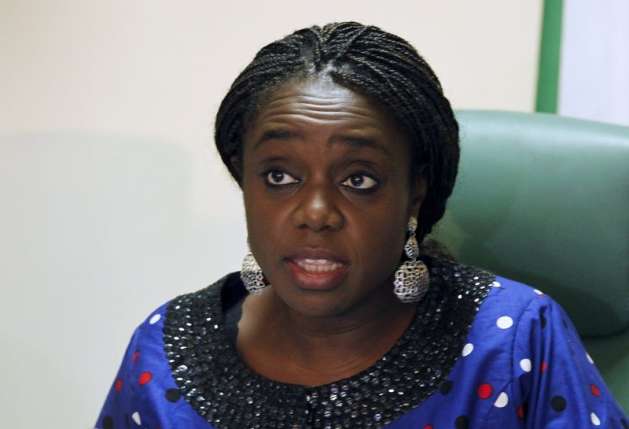The Efficiency Unit of the Federal Ministry of Finance on Wednesday said the government’s Ministries, Departments and Agencies spent a total of N825bn on travels, maintenance, local and international training, welfare and office stationery/computer consumables between 2012 and 2014.
According to the unit, the average amount expended annually on the five items during the period was N275bn, while the estimates for 2015 show a continuation of the trend.
Due to the huge amount spent on the items, the unit said it was planning to introduce detailed price guidelines to ensure value for money in procurement by the MDAs, adding that the use of ministerial debit cards was being piloted to reduce the incidence of cash handling.
The unit, which carried out an extensive and detailed review of the overhead expenditure data of the government for the period 2012 to 2014, found that the spending pattern was concentrated on a limited number of items.
Speaking at a media forum in Lagos on Wednesday, the Head of the Efficiency Unit, Ms Patience Oniha, said, “The cumulative expenditure on these five items was N825bn, representing 61 per cent of the cumulative total overhead expenditure of N1,353bn for 2012 to 2014.
“This means that the average amount expended annually on these five items during this period was N275bn. The estimates for 2015 shows a continuation of this trend. Overhead spending exceeded allocations to capital in all the years reviewed.
“Another finding from the review was the large expenditure on honoraria and sitting allowances, refreshment and meals, books, fuel, publicity and adverts.”
In relation to procurement, which has been identified as a major source of potential savings for the government, Oniha said the unit had prepared a list of goods and services regularly being procured by the MDAs.
By pooling the demand of the MDAs together, she said there would be opportunities to leverage the resultant bargaining power and secure price discounts and other benefits from suppliers, adding that the strategy would deliver savings and reduce the administrative costs inherent in the current fragmented procurement process.
Oniha said, “Developed countries such as the USA, UK, Canada and Hong Kong have used this strategy successfully to manage their expenditure. Within Nigeria, large and diversified private sector organisations manage their procurement in a similar manner.
“As a country, Nigeria should be no exception, more so when resources need to be managed tightly to promote spending on capital projects such as infrastructure.”
She added that the unit had initiated discussions with suppliers of air travel services for the purpose of price negotiation, noting that this expenditure area was prioritised because local and international travels represented the single largest overhead expenditure item in the period under review, with an average of N83bn annually.
This, according to her, will present a potential savings opportunity of N4.14bn annually at an estimated price discount of five per cent.
For honoraria and sitting allowances on which about N13bn is being spent annually, the unit has also identified potential for cost savings.
Oniha gave an assurance that with the support of the Minister of Finance, Mrs. Kemi Adeosun, the unit would pursue the implementation of its recommendations to deliver cost savings to the government, while it would continue its engagement with stakeholders in order to achieve its objectives.


 Naira4 weeks ago
Naira4 weeks ago
 Naira3 weeks ago
Naira3 weeks ago


 Naira4 weeks ago
Naira4 weeks ago




 Naira3 weeks ago
Naira3 weeks ago
 Commodities4 weeks ago
Commodities4 weeks ago


 Sport Business4 weeks ago
Sport Business4 weeks ago


 News3 weeks ago
News3 weeks ago


 Banking Sector4 weeks ago
Banking Sector4 weeks ago























